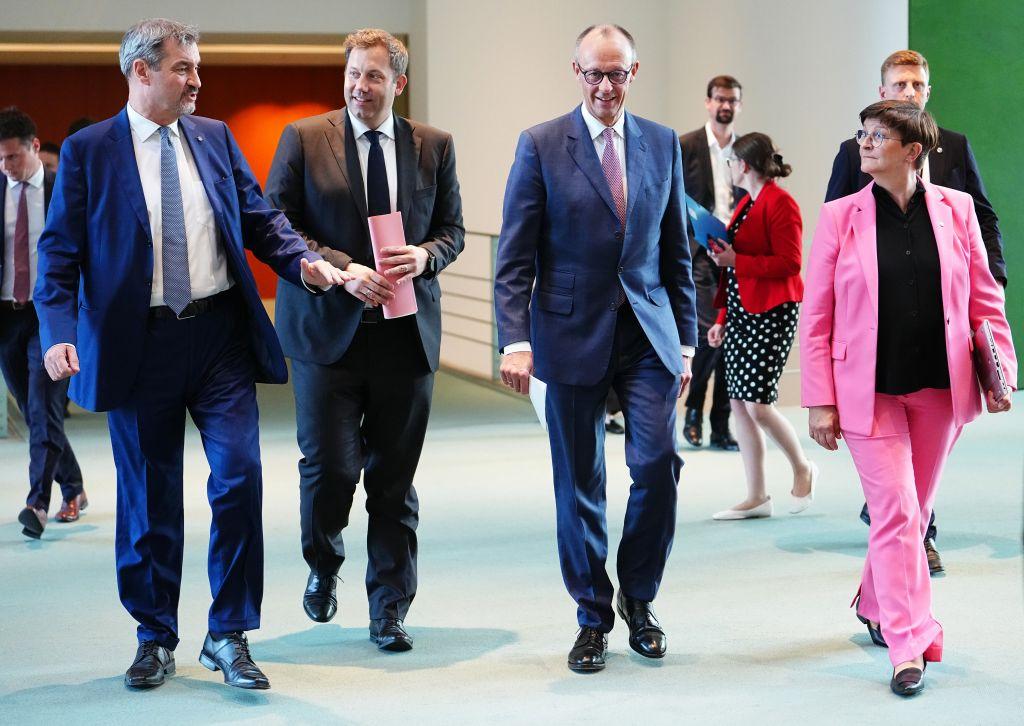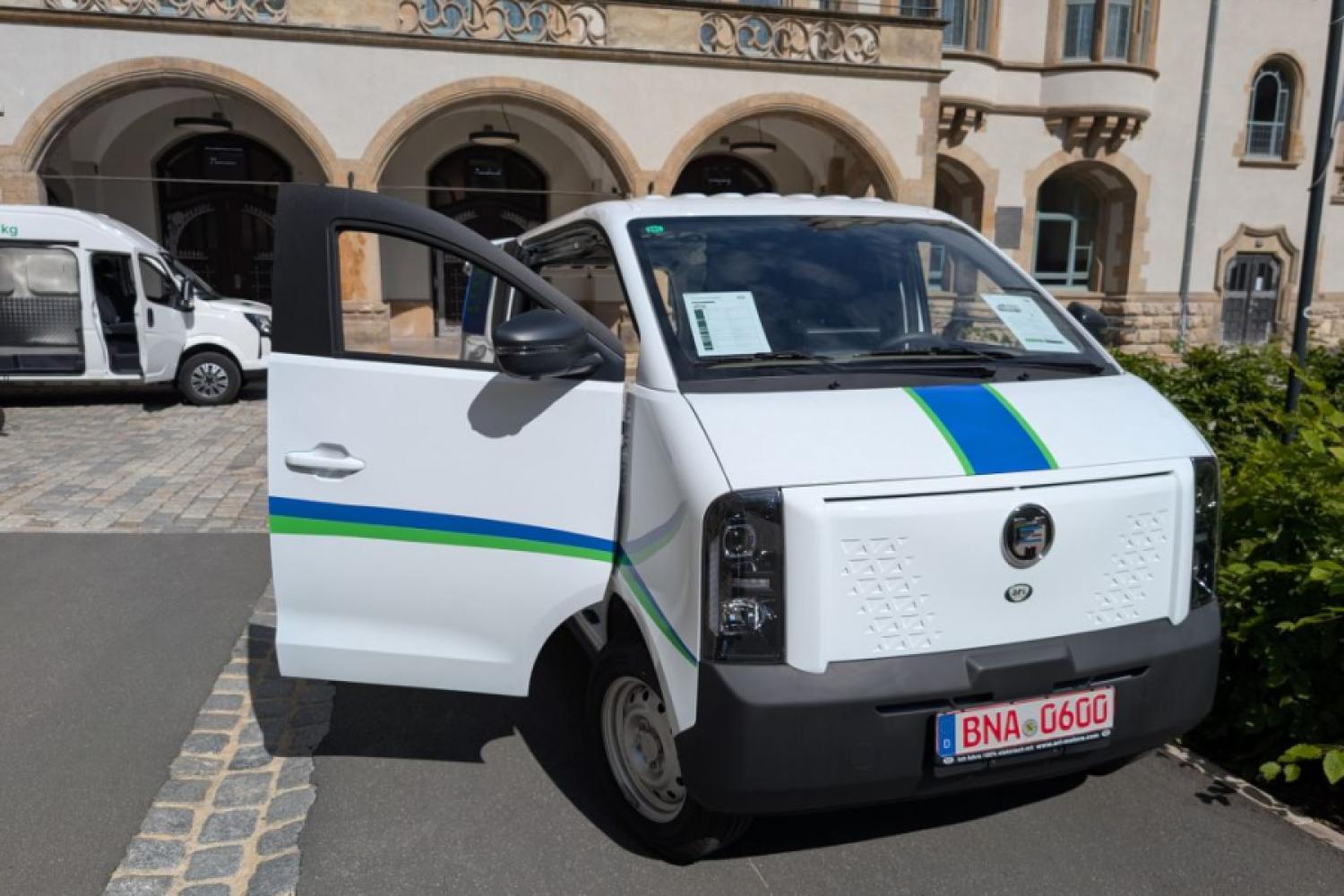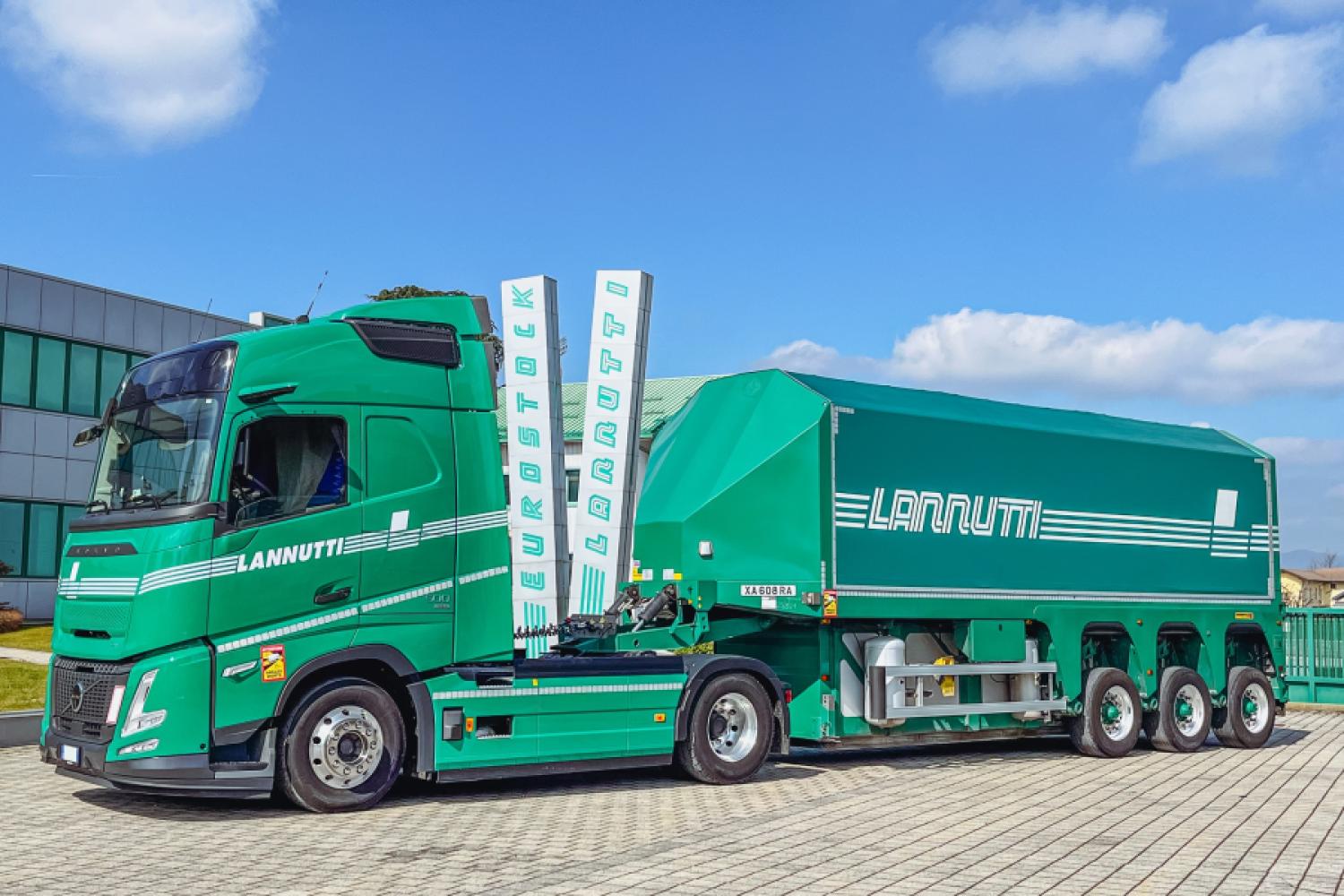While the goals agreed upon in the new government's coalition agreement receive good marks overall from Germany's car owners, they are particularly critical of one measure in the "Innovation Booster." This is the conclusion of a recent survey by the internet car portal AutoScout24 among 1,001 car owners in Germany. With their "immediate tax investment program" of June 4 this year, the federal government is also addressing initial transport policy issues. According to the survey, 61 percent reject the plan to grant tax advantages to electric company cars even when they are high-priced vehicles. They view more positively the government's plan to create better depreciation opportunities for companies that invest in electric cars: 63 percent approve of the plan.
As part of the survey, the portal presented the transportation policy projects from the coalition agreement to car owners individually. Respondents were then asked to indicate whether they approve of the respective
measure or whether they reject it. The government's plan to provide more money for the renovation of roads, tunnels, and bridges receives the most positive feedback: 93 percent of respondents approve of the measure, only 7 percent reject it.
Investment Program: Electric Company Cars, E-Car Depreciations
On the other hand, precisely one project from the current investment program has the least approval. The government plans to raise the maximum price limit (gross list price) for tax-advantaged electric company cars from the current 70,000 to 100,000 euros. For the private use of such vehicles, there will then be no usual 1 percent tax of the list price per month, but only 0.25 percent. However, this tax break for drivers of expensive luxury vehicles does not really go down well in this country: only 39 percent of respondents approve of such a regulation, while 61 percent reject it. Even the improved depreciation opportunities
for electric cars, already agreed upon in the coalition agreement, do not receive top marks. While 63 percent approve of the plan, 37 percent are explicitly against it. With these values, the depreciations rank at the lower end of the federal citizens' transportation policy priority list.
Social Compensation: Cheaper Driver's License, Subsidy for Low-Income Individuals
Projects aimed at creating social balance receive predominantly high approval ratings. The most support is found for the black-red plan to reform driver training to make obtaining a driver's license cheaper: 83 percent are in favor of curbing the steadily rising costs of obtaining a driver's license in recent years. Three-quarters (77 percent) support the government's idea to financially assist households with low or medium incomes in transitioning to climate-friendly mobility.
Alternative Mobility: Germany Ticket, Climate-Neutral Buses, Pedestrian and Bicycle Paths
Germany's car owners do not only see it as reasonable to invest more money in
roads. 83 percent agree with the plan to maintain the Germany ticket and keep the current price of 58 euros stable at least until 2029. Equally many support the conversion of public transport buses to climate-neutral vehicles. And 77 percent agree with the coalition's plan to also expand pedestrian and bicycle paths.
Alternative Drive Systems: Tax Exemption for E-Cars, Plug-In Hybrid Technology
Surprisingly, there are relatively low approval ratings for the exemption from motor vehicle tax for fully electric vehicles. Only 56 percent, together with the coalition, are in favor of extending this until 2035—correspondingly, 44 percent reject the plan. The idea to promote plug-in hybrid technology and other technologies that combine electric drive with other propulsion systems to increase vehicle range receives significantly more support: 69 percent of car owners consider this strategy sensible, while 31 percent do not. The market research institute Innofact collected the data from June 4






